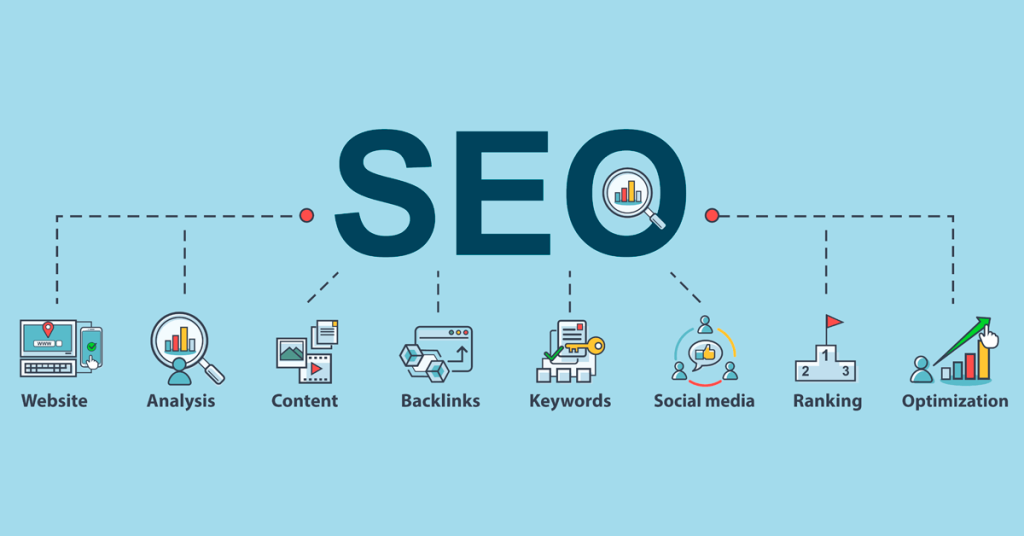SEO works. But let’s be honest… It rarely feels like it’s working right away.
You set everything up, hit publish, maybe tweak a few meta titles, then wait. And wait. And refresh Google like you’re expecting a live scoreboard.
That’s where reporting comes in.
It’s not just about keeping clients in the loop. It’s about showing progress, building trust, and avoiding the dreaded “so… what exactly are we paying for?” conversation.
A solid report doesn’t just make you look good, it helps shape smarter decisions.
Let’s get into what it actually needs to show.

Show more than traffic
Cool, you got a traffic spike. But… did it actually lead to anything?
One of the biggest mistakes with SEO reporting is stopping at surface-level numbers. Traffic alone means nothing without context. What happened after visitors arrived? Did they bounce? Click around? Convert?
You want your reports to highlight behaviour, not just volume. Think conversions, goal completions, time on site, and how people interact with the content.
If users are leaving after three seconds, that spike isn’t worth celebrating. Most agencies miss this – they focus on vanity metrics instead of what SEO reports should actually show you.
Connect performance to cost
SEO is an investment. It doesn’t come with a receipt, but clients still want to know if it’s worth it.
That means showing real outcomes. Did that blog post lead to demo bookings? Is organic traffic pulling its weight compared to paid? Has revenue increased?
Let’s say your client spends $1,000 on SEO in a month. If they bring in $4,000 from organic sales, that’s a 300% return. Straightforward. No fluff. No confusion.
Tie your numbers back to impact, not just rankings. It’s the best way to show value without overselling.
Set expectations around timing
This part matters. A lot.
Most clients expect SEO to work faster than it does. That’s not their fault, everyone wants quick wins. But SEO isn’t a switch. It’s a slow build.
Your reports need to reflect that. Break progress down week by week, or month by month. Celebrate the small stuff. Show upward trends, even if they’re slight.
When people see movement (even if it’s gradual), they’re more likely to stay calm, stay bought in, and stick with the process.
Compare against competitors
“We’re ranking higher” sounds good. But higher than who?
That’s where competitor data comes in. SEO is rarely about being perfect. It’s about being better than the other guys.
Add some benchmark data into your reports. Keyword gaps, domain authority, backlink counts, traffic trends (it all helps).
Clients want to feel like they’re gaining ground. Giving them a sense of where they sit in the bigger picture helps you show progress beyond the pageviews.
Point out what’s not working
Yes, your report should show wins. But it should also be honest about what’s falling flat.
That blog post bringing traffic but no conversions? Mention it. That product page ranking well but still bouncing users? Flag it.
This is where reports start to actually guide strategy. They become less about what’s done and more about what to do next.
Here’s the deal
Good SEO reporting isn’t about proving your worth. It’s about making your work clearer, smarter, and easier to build on.
When done right, reporting becomes part of the strategy. Less explaining. More improving. That’s the goal.

